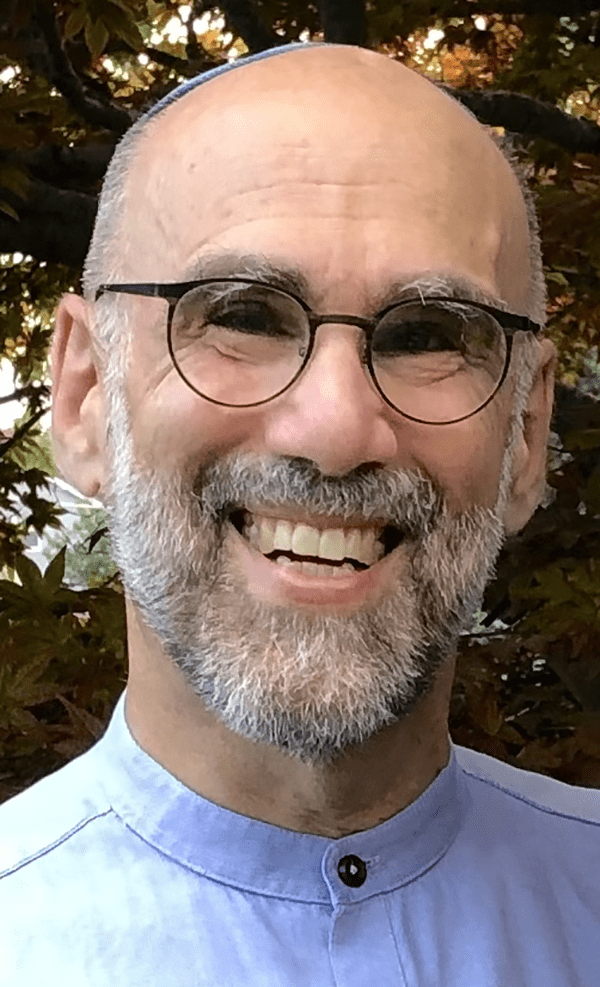Makin’ Matza!
My recent posts...
Selling Chametz
Even if you don’t keep a kosher kitchen, and/or you don’t “convert” your kitchen for Pesach, there is still spiritual value in selling your chametz: You are engaging with myriad Jews worldwide in a practice that can be traced back to Torah and, if you include a donations to “ma’ot chitin,” you are enabling those in need to more fully celebrate Pesach.
A Few Things About Pesach (With lots of links)
There is a wealth of information about Pesach (and the challenges of this year) at Exploring Judaism.org.
Omer 5785
My recent posts...
Yizkor: Seeing Stars
In this week’s JTS Torah On Line, Grace Gleason, a Jewish Theological Seminary rabbinical student, writes that the fragility of the sukkah can teach us “to embrace impermanence. Our tradition tells us: there is no use in denial, and there is no use in comforting distraction.”
This idea relates to so many aspects of our lives, and is reflected in the biblical book Kohelet/Ecclesiastes that is paired with the festival Shemini Atzeret: “All is futile/transient.” “Enjoy your youth.” “Generations come, generations go.” “There is nothing new under the sun.”
The text seems written by one who is depressed, or, at least, by a curmudgeon. We can choose to read the words of Kohelet as grittily accepting of reality.
On Shemini Atzeret we pray that the winter rainy season in Israel fill reservoirs and replenish aquifers so that the next growing season will be bountiful. Given our liturgical trepidation at the possibility of insufficient precipitation, it is a fitting day for Yizkor, for us to remember loved ones who have died.
Just as we sit in the temporary sukkah and feel our physical fragility, so, with Yizkor, we sense our transience even as we seek connection with generations past or generations that are not to be. We can mourn the unfulfilled promise in their lives, we can recall the joy and purpose in their being; we can do both at once.
At the time this Writes is being distributed, I will be at the brit milah ceremony for our new grandboy. Purely coincidental is that my mother’s yahrzeit falls on Simchat Torah, two days hence.
We can be optimistically introspective about our own lives. Gaps in the covering of the sukkah should allow us to glimpse the heavens, writes Gleason, and so can enable us to ”practice impermanence with our eyes wide open, looking at the stars…”
Even as we remember through Yizkor, we look for the light in the darkness.
chag sameiach! חג שמח


